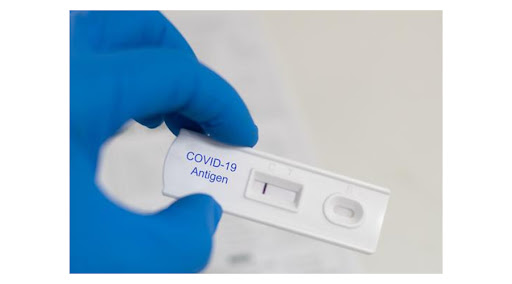10 February 202
According to the latest news relayed by Radio New Zealand , businesses will be allowed to register as a "critical service" from today, allowing their workers to skip Covid-19 isolation requirements as long as they return daily negative rapid antigen tests (RAT).
The new close contact exemption scheme will kick into effect only when New Zealand moves into 'phase two' of its Omicron response as daily case numbers escalate.
The exemption to return to work, after a negative RAT, will apply to non-symptomatic critical workers.
Companies and organisations can "self-assess" to participate in the scheme as long as they meet certain criteria. The government has listed examples as food production, emergency services, power and water supplies, critical financial services, and news media.
Eligible workers will have to be vaccinated. They will be provided testing kits by their employer or will be able to pick them up from a collection site. If they return a positive result, they will need to take a PCR test and isolate. Workers will also still be subject to the isolation requirements outside of work hours.
They will also undergo daily symptom checks and daily rapid antigen tests prior to commencing work. They will strictly be required to use medical masks at work, changing their mask as needed throughout the day. They should travel to and from work or between jobs alone.
"It is up to businesses to self-assess and decide if they want to participate in the scheme. In doing so there needs to be an awareness that bringing close contacts into the workplace will come with risks," associate health minister Ayesha Verrall said.
"While the new scheme will help businesses continue to operate, rapid antigen testing is about 80 percent accurate. This may mean they have someone onsite who has Covid-19 and could infect other workers, which could further compromise business operations."
Close contacts who work alone, like farmers and sole traders, will be allowed to continue to operate in "a bubble of one" as long as they are vaccinated and have no symptoms. They will not need to undergo daily testing during the seven-day isolation period.
Covid-19 Response Minister Chris Hipkins said the scheme would help keep critical supply chains running through the peak of the Omicron outbreak.
"We've seen overseas that a combination of high rates of Omicron alongside isolation periods for contacts has put severe strain on supply chains and the provision of important services," Hipkins said.
"We are taking a pragmatic approach to Omicron and its management. These changes strike a balance between continuing to keep people safe, but also keep businesses and services operating as smoothly as possible."
Source and quoting Radio New Zealand.ntnt
Comments
It is understood the Covid transmission currently in the Solomon Islands is also straining the food supply to communities, especially to those in rural and isolated communities. The same has been reported in respect of medical supplies, even across the counter basic medical needs, in Isabel Province.
Yours sincerely
Frank Short



